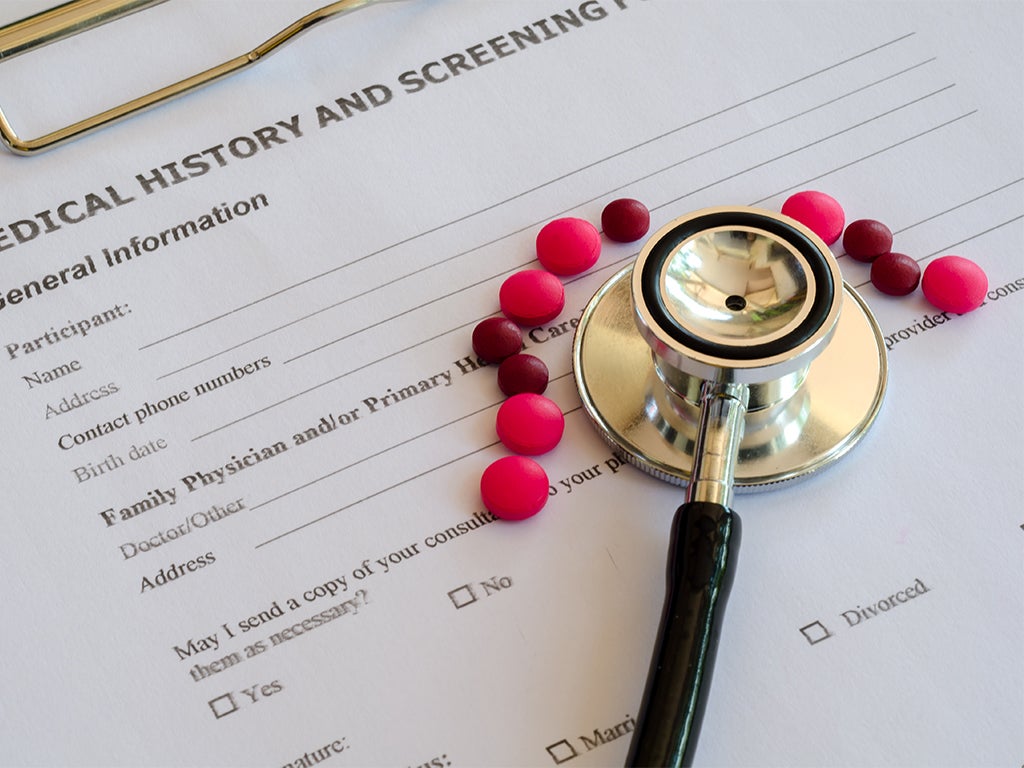
GP working in sexual health clinic deregistered for six years for boundary violations
Thursday, 15 February 2024
Key messages from the case
The doctor-patient relationship is inherently unequal. Doctors have unique access to information about patients’ bodies, their personal lives and private vulnerabilities. It is important to be conscious of this and insist on and abide by strict professional boundaries at all times.
Details of the decision
Boundary violation – sexual
Dr L worked at a clinic with a focus on men’s sexual health and HIV medicine. His patients were almost all males.
Two patients accused Dr L of sexualised or inappropriate intimate examinations on three separate occasions.
The patients were part of a research study on pre-exposure prophylaxis for HIV anti-viral medication which required them to attend every three months for a sexual health assessment.
The patients each alleged that Dr L inappropriately stroked or massaged their penises and in one case asked the patient to masturbate himself during the consultations purportedly for the purpose of the examination. They also claimed that Dr L used sexualised language, failed to provide privacy and failed to explain the examination procedure.
In one case Dr L denied having performed the examination. In the other case he claimed the examinations were purely clinical and denied any inappropriate conduct.
The tribunal found both patients to be credible witnesses, and the allegations proven.
Boundary breach – social media
Dr L was also accused of inappropriate, flirtatious and sexualised conversations with one of the patients on a dating app. It was undisputed that Dr L was aware he was speaking to one of his patients. Dr L referred to their clinical consultation and offered to make a house call when the patient said he was home with ‘man flu’.
Dr L admitted the conversations and accepted that in hindsight the conversations may have blurred professional boundaries. He claimed he had no intent to engage in unprofessional communication.
The tribunal considered the text of the conversations indicated an intent to pave the way for a social or sexual encounter. Even if Dr L was inquiring after the health of a patient, it was clearly inappropriate to be doing so on a dating app. Boundaries had clearly been crossed by the offer to visit the patient at home where there was no clinical reason to do so.
The patient said he felt uncomfortable, knowing that Dr L had access to his medical records and knew where he lived. The patient had to see Dr L again at the clinic for the research trial.
The tribunal considered Dr L had exploited the power imbalance between doctor and patient and that his conduct amounted to unprofessional conduct.
Outcome
The tribunal found that Dr L’s conduct was a gross boundary violation and a gross abuse of patient trust, and constituted professional misconduct.
Dr L continued to deny the allegations, despite the tribunal’s findings, and took no steps at all towards rehabilitation.
Dr L’s registration was cancelled for six years.
Key lessons
Always conduct examinations in an appropriate and respectful manner and in accordance with the Medical Board guidelines on conducting physical examinations (see Medical Board of Australia, Guidelines on sexual boundaries in the doctor-patient relationship).
Be particularly conscious of maintaining clear professional boundaries when conducting intimate examinations. Avoid any suggestion of sexualised language, jokes or behaviour or that might be interpreted as intended to arouse or gratify sexual desire.
Be conscious of the power imbalance inherent in a doctor-patient relationship and never take advantage of that – for example by using patients’ personal information to pursue a social or personal relationship.
References and further reading
Avant factsheet - Boundary issues
Medical Board of Australia Guidelines - Sexual boundaries in the doctor-patient relationship
Avant factsheet - Social media for doctors - keeping it professional
Avant factsheet - Observers: chaperone, protect and reassure
More information
For medico-legal advice, please contact us here, or call 1800 128 268, 24/7 in emergencies.
The case discussed in this publication is based on a real case. Certain information has been de-identified to preserve privacy and confidentiality. The information in this article does not constitute legal advice or other professional advice and should not be relied upon as such. It is intended only to provide a summary and general overview on matters of interest and it is not intended to be comprehensive. You should seek legal or other professional advice before acting or relying on any of its content.
More ways we can help you
Our CPD courses for Avant members
Tick off some CPD hours and learn more with our in-depth eLearning courses, free for Avant members. Our courses include education activities, reviewing performance and measuring outcomes.



